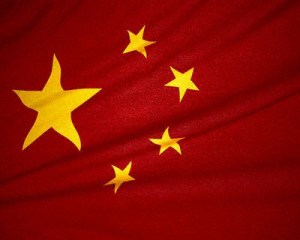
China is well-known to run the most sophisticated Internet censorship regime on the planet—dubbed The Great Firewall of China—that has been decried by many both within China and in the larger international community. Now the Chinese government has issued a new white paper defending the nation’s right to censor the Internet and prohibit the distribution of any information it believes to be harmful or a threat to the state’s power.
Despite this, China asserts that its population has uninhibited access to the Internet and freedom of speech.
“The Chinese government encourages and supports the development of Internet news communication undertakings, provides the public with a full range of news, and at the same time guarantees the citizens’ freedom of speech on the Internet as well as the public’s right to know, to participate, to be heard and to oversee in accordance with the law,” the government wrote.
The key phrase there is “in accordance with the law,” because under Chinese law a great deal of content that would fall under the rubric of freedom of speech in other nations is deemed illegal and subversive.
“Laws and regulations clearly prohibit the spread of information that contains contents subverting state power, undermining national unity, infringing upon national honor and interests, inciting ethnic hatred and secession, advocating heresy, pornography, violence, terror, and other information that infringes upon the legitimate rights and interests of others.”
China has also amended its state secrets law so that Internet and telecommunications operators are now responsible for helping the Chinese government police the Internet.
The white paper is an unusual policy statement from the Chinese government, which first began letting the general public connect to the Internet only in the mid-1990s. Now, China represents the largest single Internet market on the planet, with an estimated 384 million users at the end of 2009—and that represents less than one third of China’s population. In addition to asserting the government’s authority to censor the Internet, it also lays groundwork for privacy requirements, protection of minors, and Internet security issues—particularly in regard to other countries.
The paper comes about six months after Google announced its Chinese operations had been subjected to a sophisticated cyberattack, aimed at accessing the accounts of Chinese human rights activists. Although Google never pointed a finger directly at the Chinese government, Google moved it’s google.cn search operation to Hong Kong—where it is not subject to mainland China’s censorship regime—and announced the company might work with the U.S.’s largest intelligence agency to get to the bottom of the attack.


